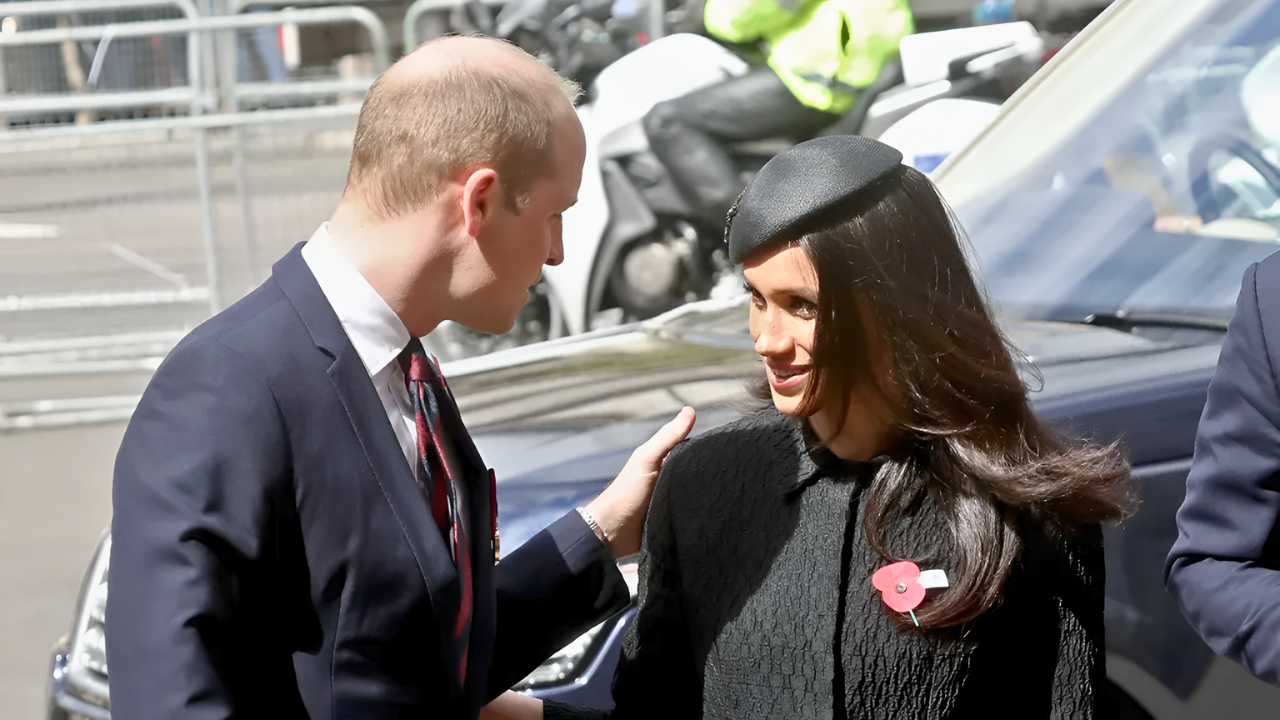
Amid King Charles’s ongoing health battle, the tension between Prince William and Prince Harry has reached a critical juncture. Behind palace walls, discussions are intensifying as the monarchy braces for a pivotal moment, with the royal family facing unprecedented pressure to repair fractured relationships.
The deepening rift between the brothers has become a defining story of the modern royal family, overshadowing their duties and responsibilities. As personal struggles play out publicly, the decisions made now could determine the future of the British monarchy.
A Family Divided in Crisis
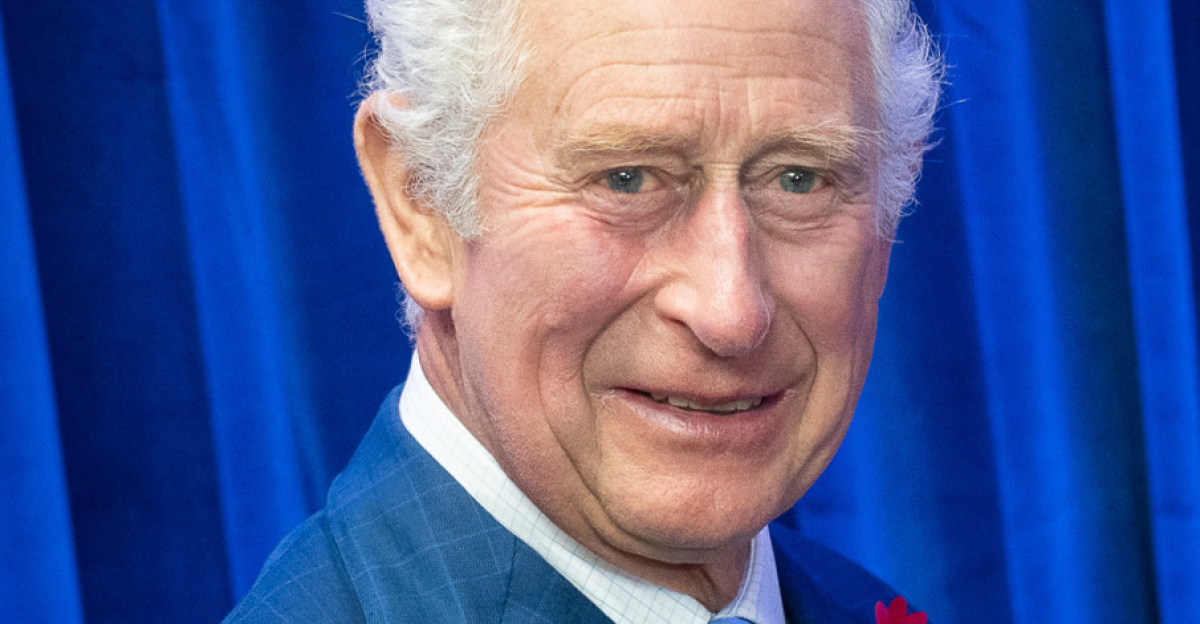
King Charles’s cancer diagnosis has sent shockwaves through the family, making reconciliation increasingly urgent. Years of estrangement between William and Harry now hang in the balance, with the monarchy’s future potentially reshaped by the outcome.
The family’s response will determine whether they emerge unified or continue to fracture. Every move carries significant consequences for both their legacy and public perception as the world watches with bated breath.
A Rift That Has Lasted for Years

The brothers’ relationship has been strained since Harry and Meghan Markle stepped back from royal duties in 2020, with Harry’s memoir “Spare” amplifying the divide. According to multiple royal insiders, William has expressed that reconciliation cannot proceed as long as Meghan remains in the picture.
Each public disclosure has created new barriers between the brothers. Their personal battles, once kept behind closed doors, have now become a global spectacle.
Health Crisis Sparks New Tensions

King Charles’s cancer, announced in February 2024, has forced the royal family to confront old wounds. According to former palace photographer Ian Pelham Turner, the diagnosis has directly accelerated negotiations between Charles and William regarding Harry’s potential return.
The illness has acted as a catalyst for long-overdue discussions. Senior aides are pushing for reconciliation as the only path forward, with the monarchy’s stability hanging in the balance.
The Terms of Reconciliation

Harry’s return to the royal fold would only happen under strict conditions, with Meghan’s involvement remaining the key sticking point. According to October 2025 palace insider reports, William has agreed to meet Harry privately, but only under conditions that explicitly exclude Meghan from any discussions or reconciliation process.
Former palace photographer Ian Pelham Turner revealed to The Mirror that “William has been placated about Harry coming back into the fold by getting rid of Andrew.” This strategic trade-off marks the first significant healing effort since Harry’s 2020 departure, though the exclusion of Meghan underscores deep-seated issues.
The UK Reacts to the Prospect of Harry’s Return

News of Harry’s potential return under strict conditions has sparked discussion among royal commentators and the public. Multiple palace sources have been weighing the implications of Harry’s conditional return for the monarchy’s image.
Public acceptance or rejection of Harry’s return could have lasting implications for the monarchy’s credibility. As the royal family seeks balance between personal grievances and national unity, public opinion will play a crucial role.
The Emotional Cost of Estrangement
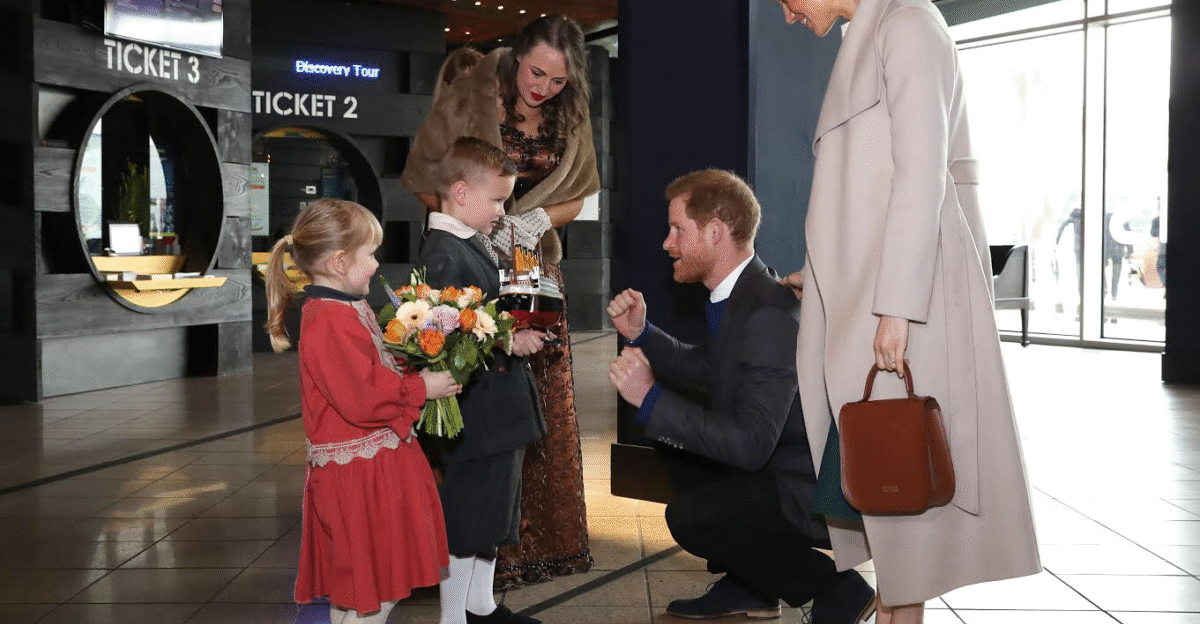
Harry is reportedly missing his family and the life he once had in the UK, as documented in late 2024 reports. Meghan’s exclusion from any reconciliation adds emotional complexity, with Harry facing the prospect of returning without his wife.
Kate Middleton has reportedly been urging Harry to return without Meghan as a “practical solution” to rebuild his relationship with William. Former photographer Ian Pelham Turner highlights the high emotional stakes as accelerated negotiations force the family to confront personal and institutional challenges.
The Wider Family’s Hesitations
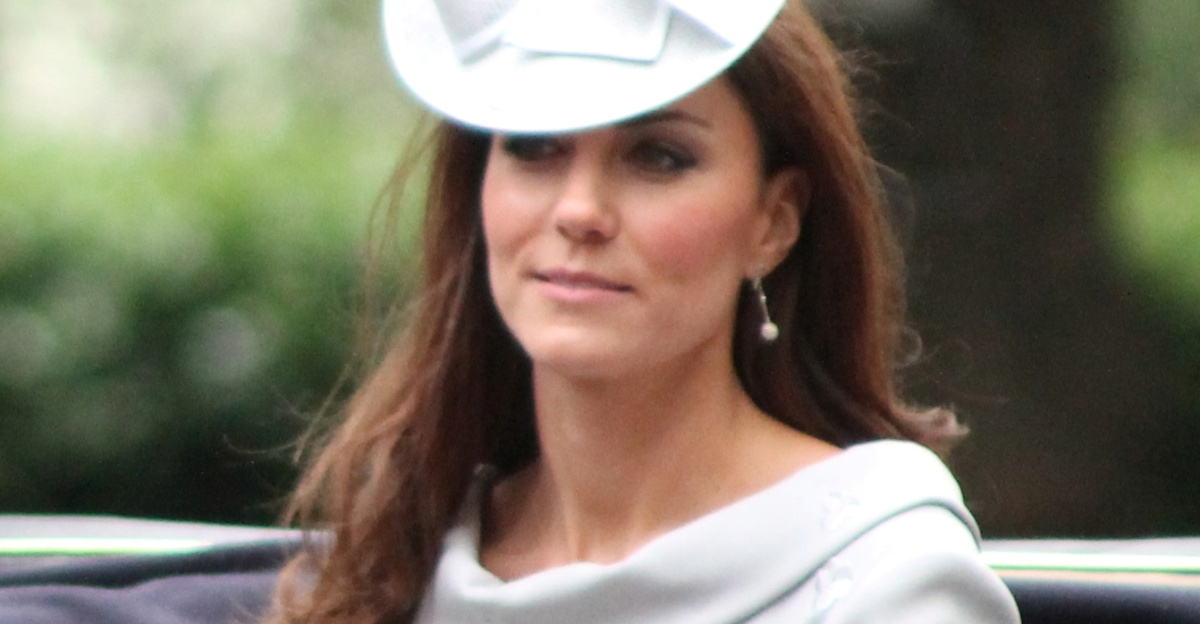
While William is warming to Harry’s return, Kate Middleton has approached the situation with hesitance. According to Heat World sources, Kate has “tried everything to get William to soften on Harry, and Meghan as well,” but recognizes William’s deep-seated anger remains strong.
Kate believes there may be a path forward if Harry demonstrates independence from Meghan. Her urging of Harry to return without Meghan on future visits suggests she sees this exclusion as the practical compromise necessary to move forward.
A Global Shift in Royal Dynamics
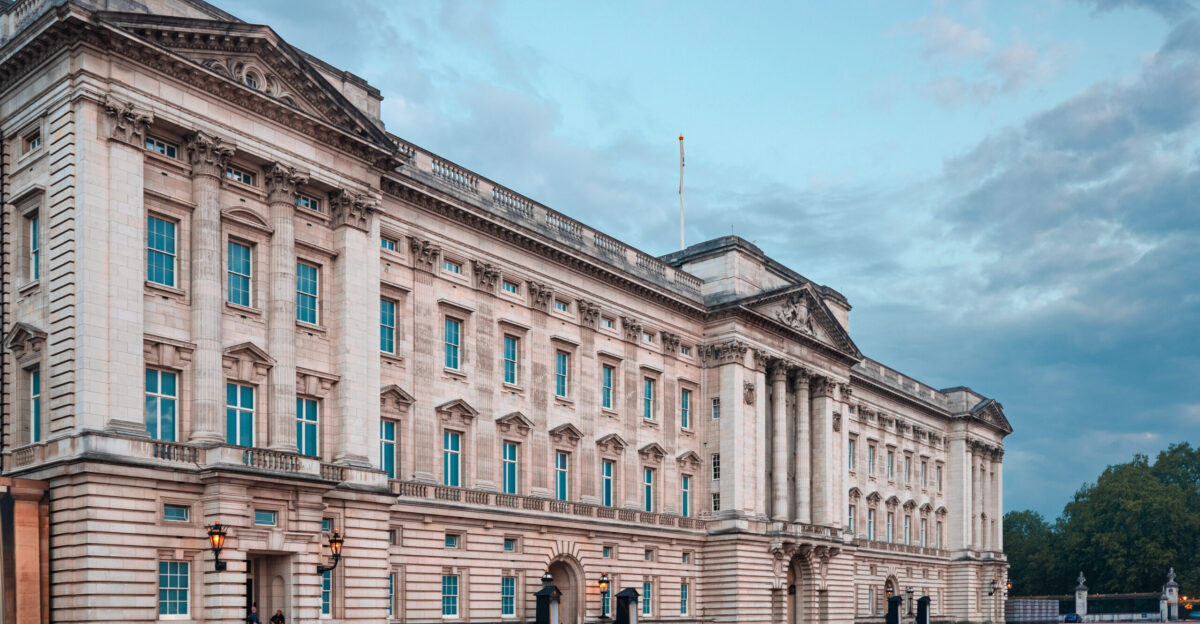
The royal family’s internal struggles reflect a broader shift in how monarchies handle public transparency and private conflicts. The British monarchy’s handling of these tensions will set a precedent for other royal families, showing that even centuries-old institutions must adapt.
As public scrutiny grows, monarchies worldwide are watching closely. Media coverage in the US and throughout the Commonwealth continues to influence how the situation develops and what it means for royal institutions globally.
Prince Andrew’s Exile: A Major Trade-Off
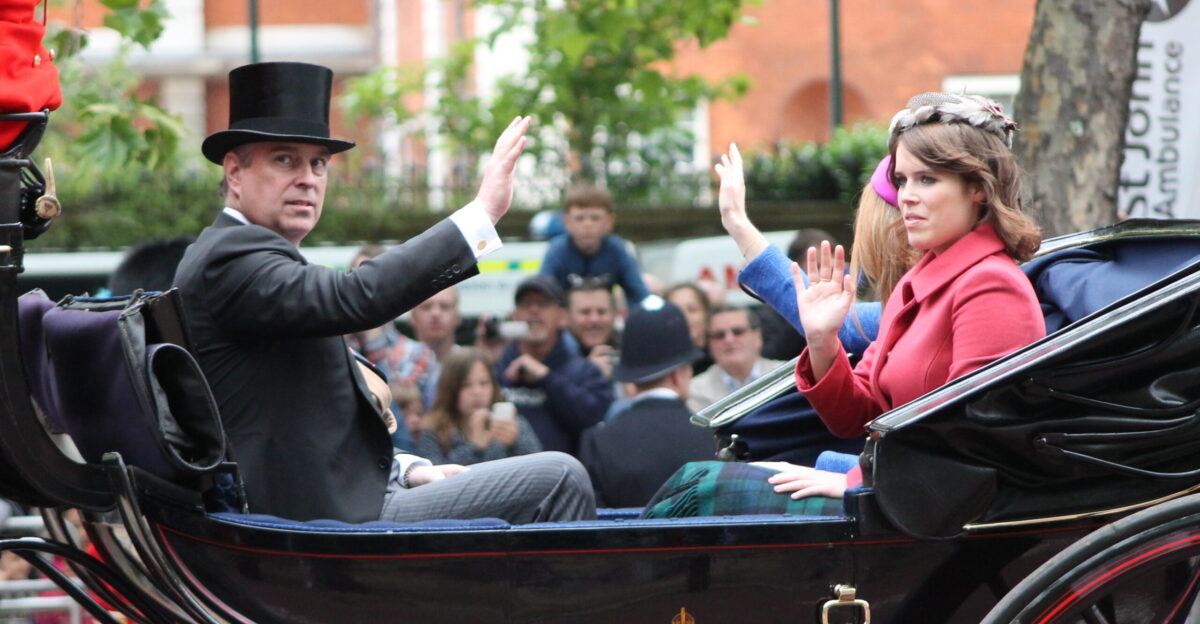
The negotiations between William and Charles resulted in a significant trade-off: Andrew’s removal from public royal duties. In October-November 2025, King Charles formally stripped Prince Andrew of his titles and HRH styling, with Turner characterizing this as directly connected to William’s “placation” regarding Harry’s potential return.
Andrew’s exile represents a major shift in royal priorities. This trade-off highlights the high-stakes nature of ongoing reconciliation efforts, with Andrew’s removal serving as the price for William’s openness to Harry’s return.
Behind Closed Doors: Frustration and Resentment
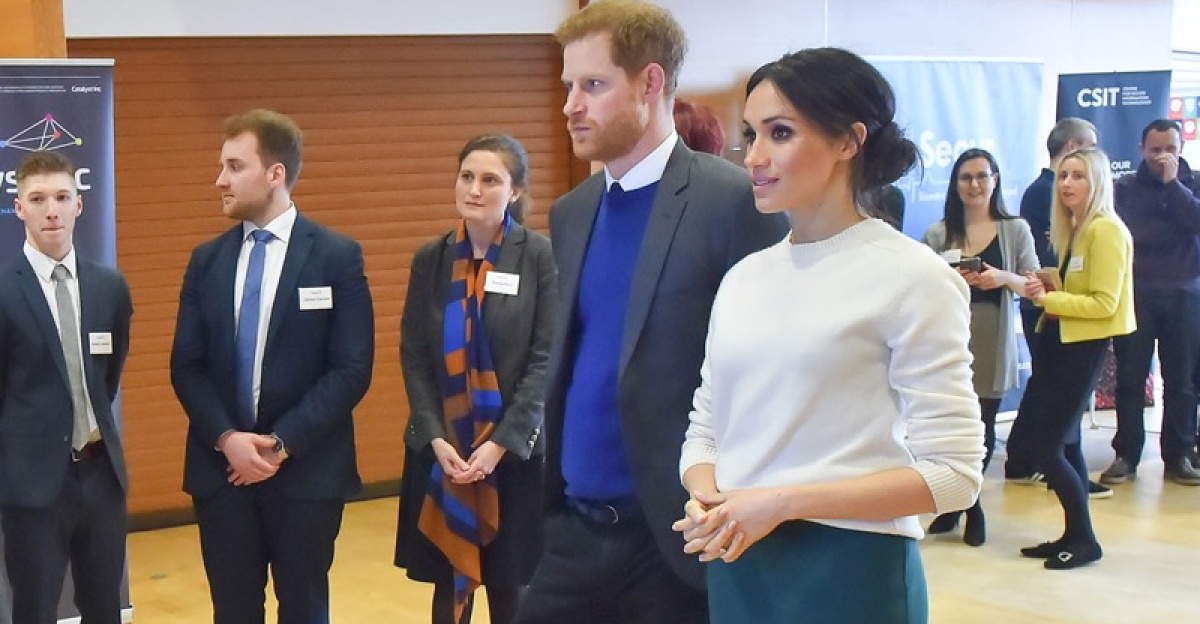
Tension behind palace doors is palpable, with deep frustration among senior royals. William’s guarded stance stems from unresolved issues, particularly Harry’s public comments. According to insiders, trust between the brothers has “completely eroded,” with William expressing wariness about Harry potentially recording conversations or leaking details.
With trust in short supply, these dynamics complicate reconciliation efforts. The internal strife is more than personal differences—it’s a battle over trust and loyalty that threatens to derail meaningful reconciliation.
A Shifting Power Dynamic

King Charles’s health struggles have shifted the balance of power within the royal family. As heir apparent, William’s role has grown significantly, giving him leverage in negotiations regarding Andrew’s removal and Harry’s potential return.
The crisis has prompted William to step forward, taking on responsibilities that could redefine family dynamics. His willingness to engage in negotiations suggests a pragmatic shift, even as his fundamental concerns about Meghan remain unchanged.
Strategic Reconciliation: A Carefully Managed Effort
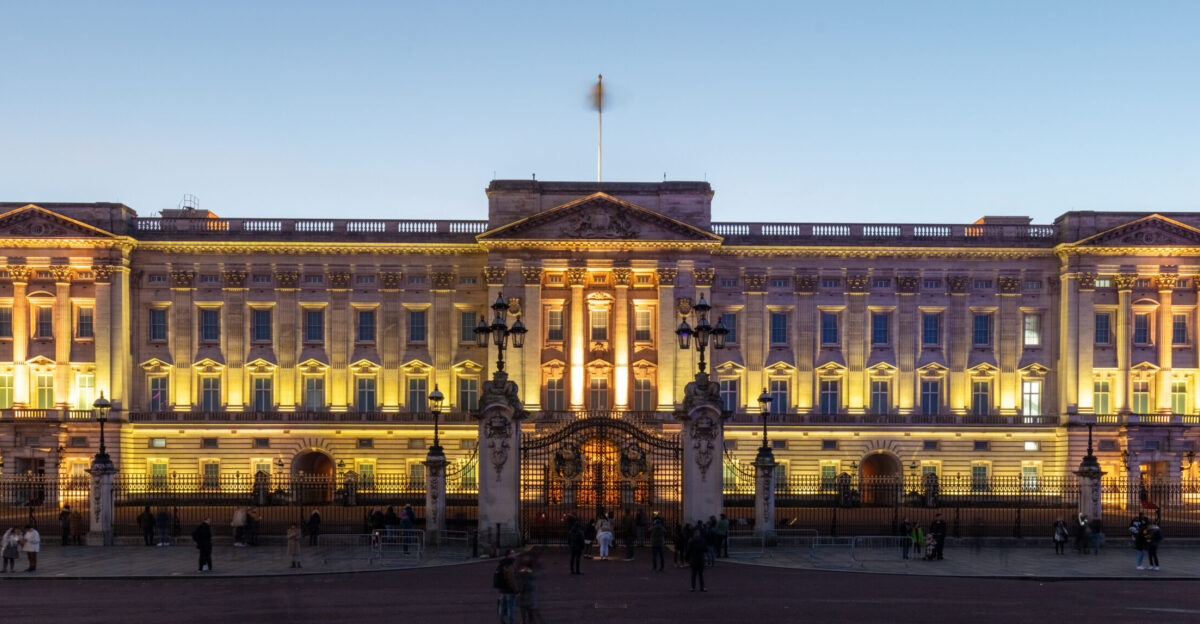
The monarchy’s approach focuses on managing reconciliation with precision. According to October 2025 reports, William has insisted that any meeting with Harry take place “behind closed doors, under lock and key,” with no Meghan present, no aides, and no possibility of the conversation being leaked or used as content.
The strategy explicitly prevents Harry from recording conversations or having his words “twisted” in future interviews or books. This careful handling reflects the complexity of their situation, where public perception is as crucial as family healing.
Experts Question the Likelihood of True Reconciliation

Despite accelerated talks, many royal experts remain skeptical about genuine reconciliation. Royal biographer Ingrid Seward told Fox News that “the main issue is definitely Meghan,” noting that William remains firm that reconciliation cannot proceed with her involved.
Seward indicated that William has “taken a firm stance” with no signs of softening. While negotiations are moving forward, experts believe the emotional stakes may be too high for simple resolution, leaving the royal family’s future uncertain.
What’s Next for the Royal Family?
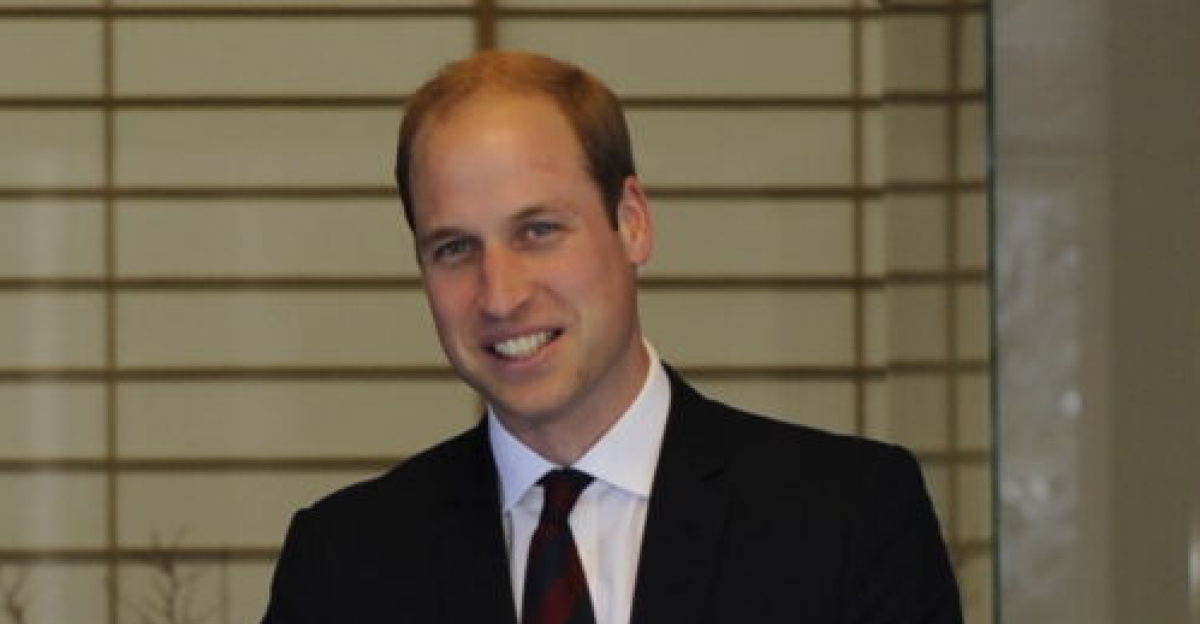
The royal family’s future remains uncertain. Will Harry agree to the proposed terms, and what role will Meghan play, if any? According to multiple insider reports, the coming months will be critical in determining whether William’s conditions can be met.
Some reports suggest Harry has expressed concerns about leaving Meghan behind, adding complexity to the situation. With personal and institutional factors at play, decisions made now could have lasting repercussions for generations.
Political Implications of Royal Decisions
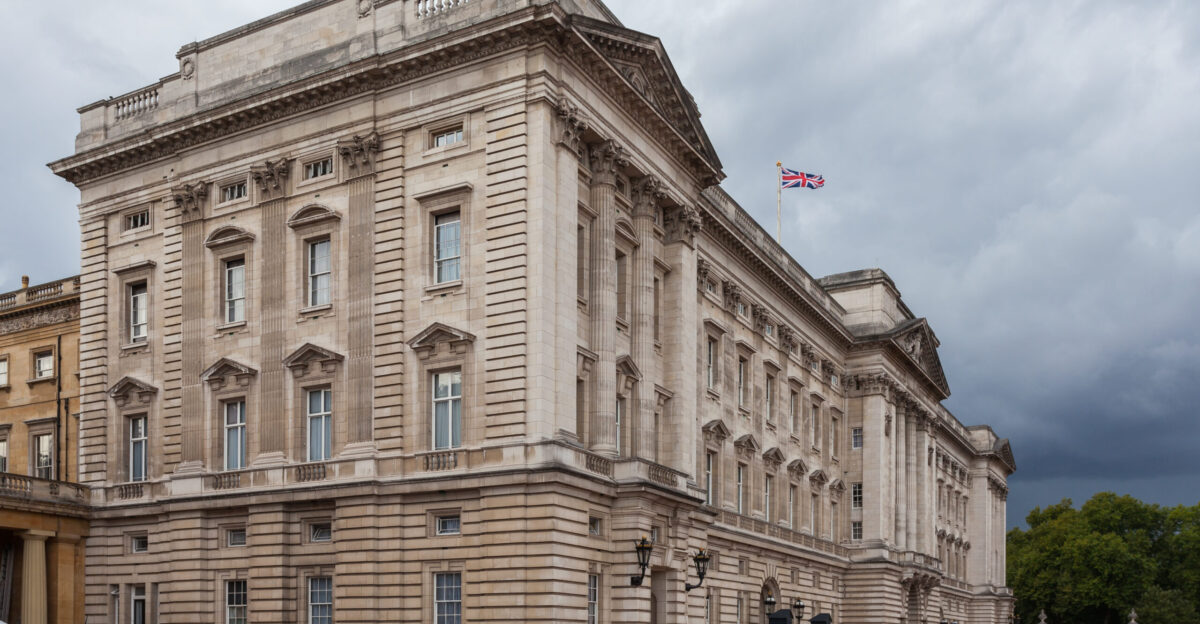
The royal family’s decisions hold significant political weight in the UK. With national unity often tied to the monarchy’s stability, the outcome could have far-reaching implications, especially during governmental transitions. The monarchy’s handling of internal conflicts reflects institutional stability.
These actions will impact both personal lives and the broader political context. Questions of succession and institutional strength depend on how effectively the family resolves its rifts.
The Global Impact of the Royal Drama
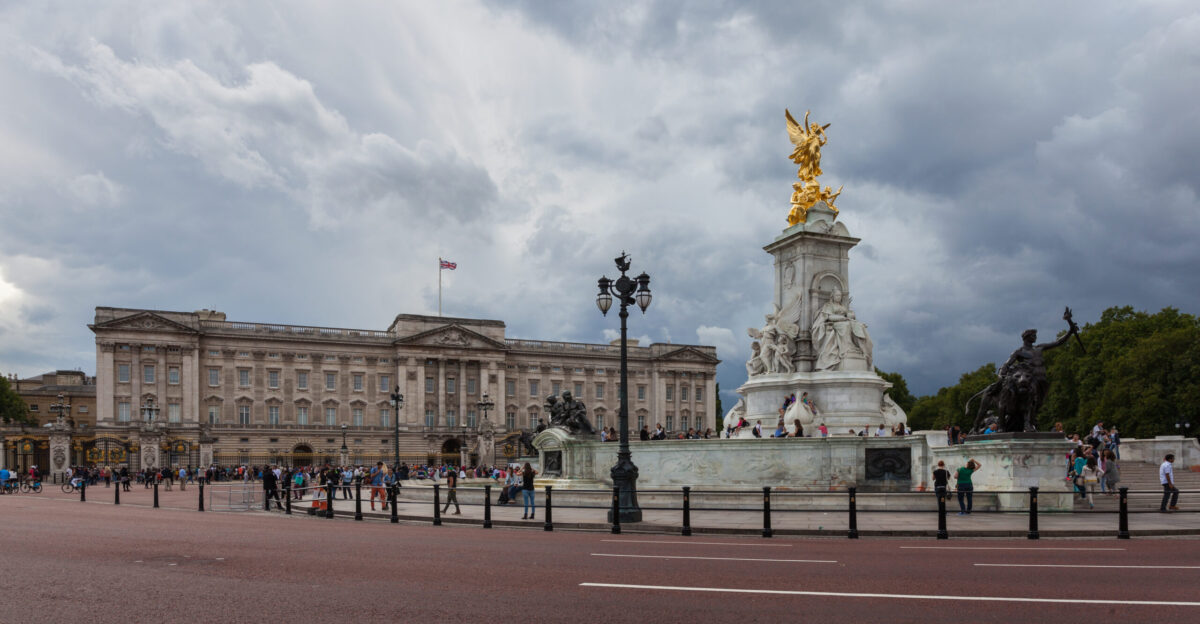
The rift and its potential resolution are closely followed worldwide. November 2025 reports suggest media outlets across multiple continents are covering the latest developments, with international opinion shaping the monarchy’s global standing.
The fallout is being felt globally, with the public’s response crucial in determining the monarchy’s continued relevance. Royal observers throughout the Commonwealth indicate that these negotiations will influence perceptions of the monarchy internationally.
Legal and Constitutional Questions Arise

Questions surrounding royal titles, succession, and authority are surfacing. Harry’s potential return and Andrew’s removal raise constitutional challenges that could have lasting institutional impacts. Questions include whether Harry would retain his Duke of Sussex title under proposed terms, and whether his children would maintain their Prince and Princess titles if Meghan is excluded.
These legal issues are critical in shaping the monarchy’s future structure. Decisions made now could alter the framework of royal authority and succession for years. Constitutional experts are weighing the implications of various reconciliation scenarios.
Cultural Shifts and Changing Public Attitudes
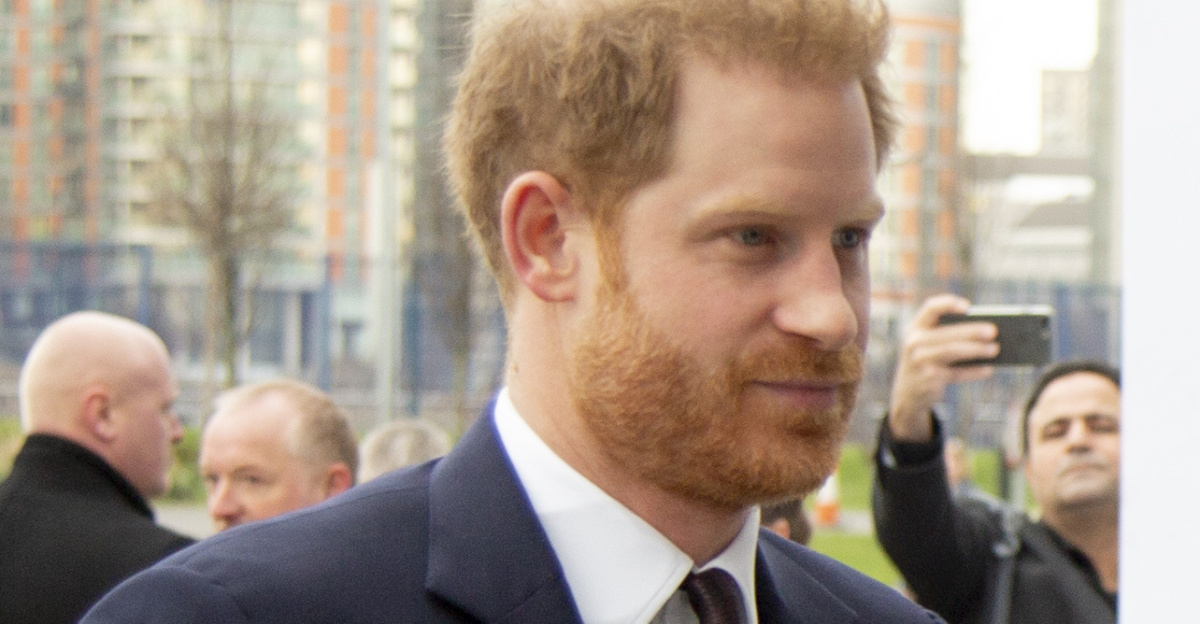
The evolving royal saga reflects broader shifts in cultural attitudes towards privacy, accountability, and tradition. Younger generations globally are demanding greater transparency from public figures, including the royal family. Recent reports indicate that public discourse has shifted, with different age groups viewing the conflict with greater nuance.
This cultural shift is forcing the royal family to reconsider traditional roles. The expectations of younger generations are reshaping how public figures navigate their lives. The monarchy’s response to these pressures may determine its relevance in coming decades.
The Turning Point for the Monarchy
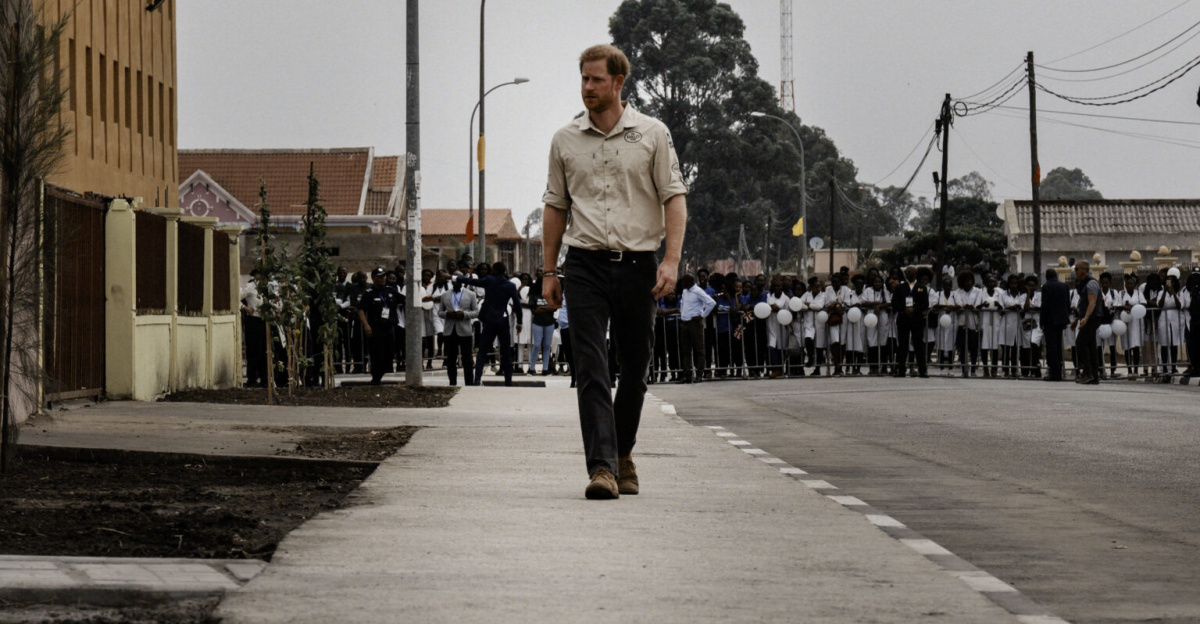
This pivotal moment could have lasting implications for the monarchy’s relevance and institutional strength. The outcome will not only define royal relationships but shape the institution’s future in a rapidly changing society. Decisions by William, Charles, and Harry will set precedents for how future conflicts are handled.
These negotiations could mark a crucial turning point for the British monarchy. What happens next will either solidify or fracture its role in modern society, affecting how it’s perceived for generations. The way forward will demonstrate whether the institution can adapt and heal while maintaining its fundamental purpose and public relevance.


